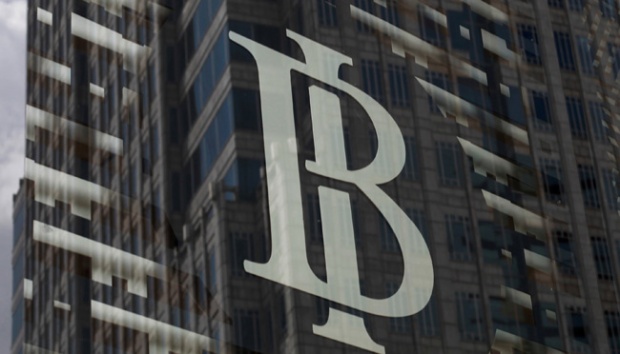Bank Indonesia Predicts 5.1 Percent Growth
TEMPO.CO, Jakarta – The Governor of Bank Indonesia Agus Martowarojo has predicted 5.1 percent growth in the second quarter of 2017. If achieved, he said, the second and third quarter may see 5.2 percent growth. “The first quarter also grew higher compared to the previous one,” he said after the meeting of Bank Indonesia Governor Council.
In the first quarter, Agus said, the economic growth could reach 5.01 percent, increase from the fourth quarter of 2016 at 4.94 percent thanks to better export performances and government spending. According to him, better export is attributable to hike in commodity prices, such as coal and rubber. “Also coupled with improvement in global economic growth.” He added that increased government’s goods and capital expenditure may boost investment that would arise as infrastructure becomes better.
The central bank’s Deputy Governor Perry Warjiyo said that aside from export, household consumption remains strong enough to support growth. The household consumption was at 4.49 percent in the first quarter and is expected to reach 5 percent in the next quarter. As for investment, Perry said that investment in buildings was quite strong. He also predicts non-buildings investment will improve in line with better export performance.
The meeting of Bank Indonesia Governor Council yesterday decided to keep BI 7-Day Reverse Repo Rate at 4.75 percent. As such, the benchmark interest rate has not changed since October last year. Agus said that the benchmark rate has been kept due to high inflation potential and external pressure ahead of the Fed’s interest rate hike. “We are wary that Fed Fund Rate will increase three times this year,” he said.
On domestic factors, the meeting foresees inflation due to increase in administered prices such as electricity price. Therefore, Agus said, Bank Indonesia (BI) will continue to enhance the combination of monetary policies, macroprudential and payment system in a bid to maintain macroeconomic and financial system stability. “BI also continues to strengthen coordination with the government,” he said.
Agus added that rupiah has strengthened throughout the first quarter until April, inclusive. In the first quarter, the rupiah strengthened 1.1 basis points to 13,326 per US dollar. According to him, rupiah is relatively stable due to sustained capital inflows, in line with a better outlook for sovereign ratings, positive macroeconomic data and positive sentiments to Indonesia’s economic prospects. “Inflation remains under control and at the range of 4+/- percentage points.”
Source: https://en.tempo.co/read/news/2017/05/19/056876680/Bank-Indonesia-Predicts-51-Percent-Growth


 Thailand
Thailand




